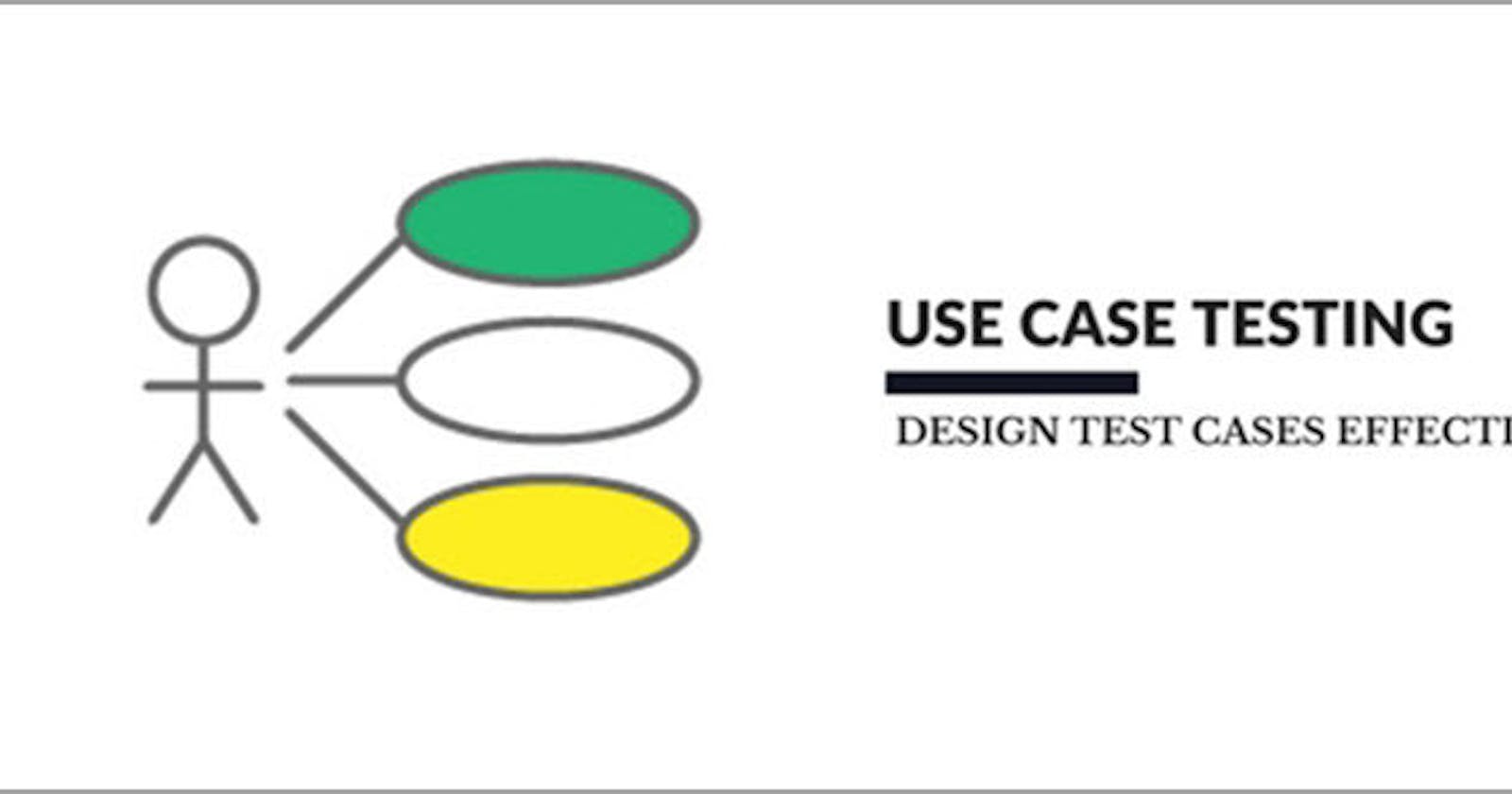Maximizing testing efficacy is crucial in today's fast-paced software development industry, when time and resources are frequently few. Use case testing is one method for doing this. Using this approach, a system's numerous use cases are identified, and each one is tested separately to make sure it performs as intended. This article covers the benefits of use case testing, how to implement it, and recommended practices for enhancing testing efficacy.
In order to effectively complete the software development lifecycle, software testing is a crucial component that must be taken into account. It ensures that the product will meet the demands of its intended consumers and be reliable and easy to use. However, testing may be expensive and time-consuming, particularly if there are many use cases to take into account.
One good technique to assure thorough testing, increase productivity, and streamline the testing process is to employ use case testing.
Use Case Testing
By testing each use case to make sure it functions as intended, a system's functionality is assessed using the use case testing methodology. An instance of a use case is a particular user-software system interaction that achieves a certain aim or target. Testers may verify that the software functions as intended and that all functional requirements are satisfied by determining the use cases of a system.
Examples of Use Case Testing in the Real World In software development, use case testing is often employed in the following areas:
Websites for Electronic Commerce
E-commerce websites put their features through use case testing to make sure everything works as it should, including the shopping cart, payment processing, and search capability.
Mobile Applications
Mobile applications undergo use case testing to make sure that all functionality, including login and navigation, is compatible with a range of platforms and devices.
Software for Healthcare
Use case testing is a technique used by healthcare software to verify that all features, including appointment scheduling, patient management, and invoicing, operate as intended.
Using Use Case Testing to Increase Test Coverage
The efficacy and efficiency of the software testing process may be greatly increased by utilizing the potent use case testing approach. Software development teams may find and fix problems early with this method.
Software teams that concentrate on specific use cases and make sure each meets all requirements may expedite testing and produce high-quality solutions.
Adhering to best practices in use case testing—prioritizing use cases, including stakeholders, utilizing actual test data, automating testing, and documenting test cases and results—is essential to achieving the best possible outcomes. However, it's critical to steer clear of typical blunders like failing to prioritize use cases, utilizing erroneous test data, not include stakeholders, and not testing every use case.
To ensure that every use case is thoroughly verified and satisfies all criteria, the usage of tools like TestRail, Jira, and Selenium helps further streamline the use case testing process.
Use case testing may result in more effective and efficient testing, better software quality, and an enhanced user experience when it is integrated into the software development process. Use case testing should thus be given top priority in your next software development project since it may have a big impact.
How QA Programmer helps you?
QA Programmer offers customized use case testing services. The effectiveness of your company's testing may be improved using our automated testing method. To identify errors early in the test life cycle, QA Programmer testing experts employ a four-pronged strategy. Choosing the appropriate tools, reporting models, approaches, and enablers is part of this strategy. We offer an analytics-driven Regression test technique that has proven beneficial to a number of clients across several industries
